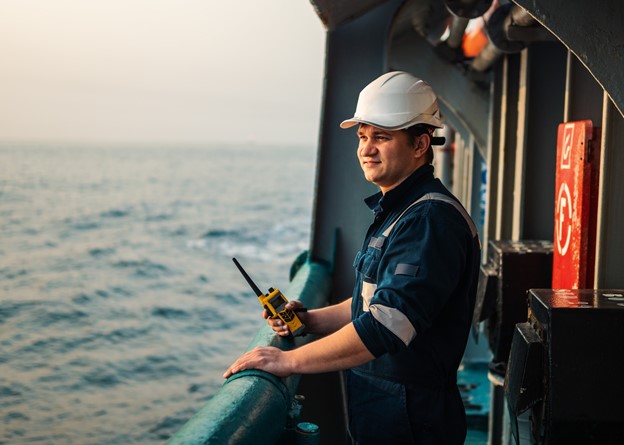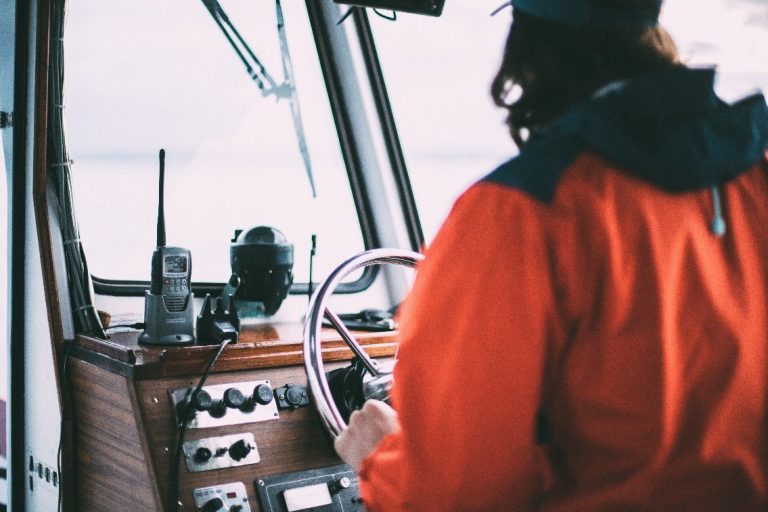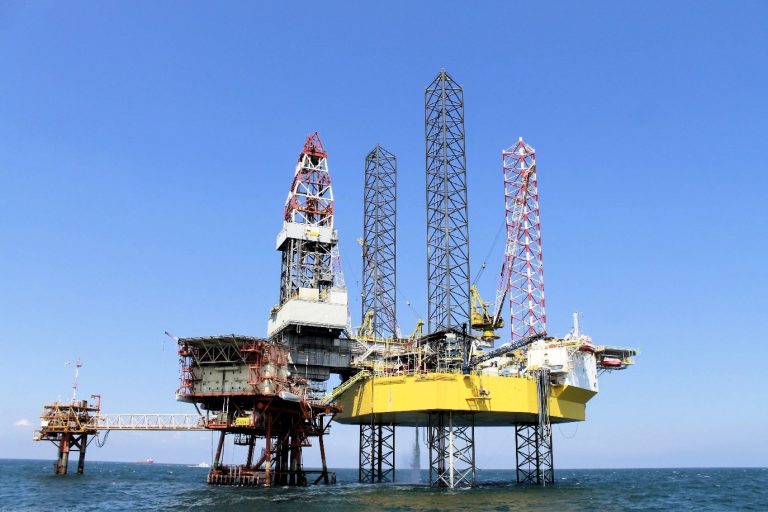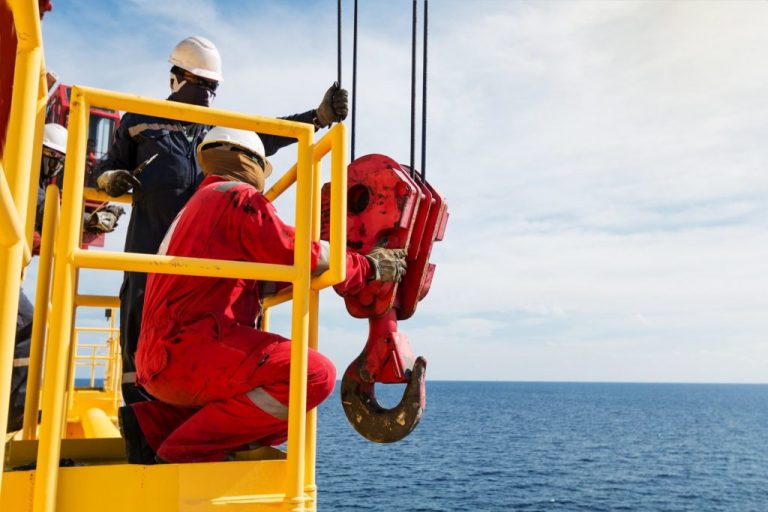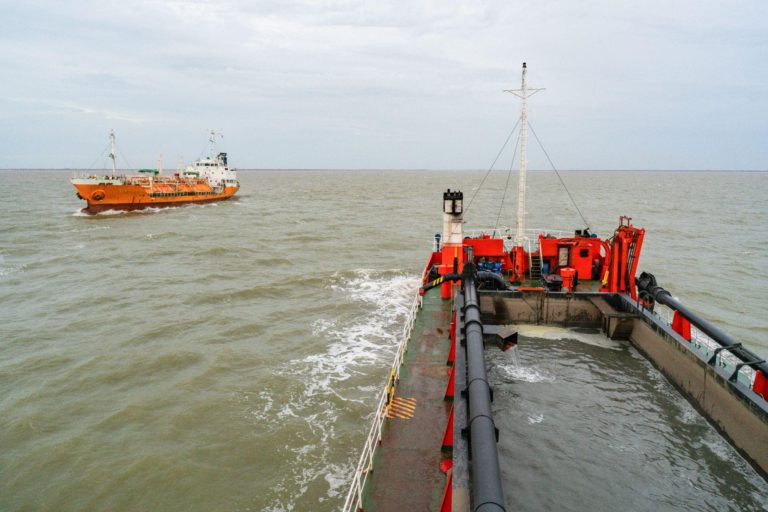Whether you are working on a ship, in a refinery, or on an offshore drilling rig, there are many dangers on the job in the maritime industry. Offshore injury attorneys note that companies often have daily safety briefings to inform workers of what dangers they will face and how to avoid maritime injuries.
Maritime Employers Are Obligated to Protect Their Workers
Employers have a legal duty to ensure a safe working environment for those in offshore seaman jobs by maintaining equipment, providing safety training, and enforcing safety protocols. When employers fail to meet these obligations, maritime law, including maintenance and cure, protects workers’ rights by allowing them to seek compensation and get the support and resources they need to recover.
Common Types of Offshore Maritime Injuries
Maritime offshore workers face numerous hazards that can lead to serious injuries. Understanding these common types of injuries can help ensure a safer work environment.
1. Slip and Fall Injuries at Sea
One of the most common accidents and injuries that happens on a ship is caused by a slip and fall. Studies suggest that falls account for about 23% of maritime injuries, with slips causing 6-12% of reported injuries.1
Decks are made slippery by water and chemicals commonly used onboard. Sometimes falls are caused by missing or defective equipment. Injuries may include brain injuries, broken bones, or spinal cord trauma.
2. Lifting Injuries on a Vessel

Offshore workers and seamen often suffer back injuries when asked to lift objects that are too heavy for one person to handle. Lack of proper training resulting in poor lifting technique can also cause injuries. According to the Bureau of Safety and Environmental Enforcement (BSEE), there were 333 reported lifting injuries in the maritime industry in 2022 alone.2
When lifting, remember to let your legs do the work and always stick to safety protocol. If you are asked to lift an object that is too much for you, inform a supervisor that you need assistance.
3. Struck by an Object Onboard
Commercial vessels and oil platforms have heavy equipment and swinging lines. Many maritime workers have been injured when struck by a winch, boom, or falling object, and “struck by” injuries accounted for as many as 37% of reported accidents from 2013-2018.1 These types of injuries often damage the back, neck, or head.
Wearing a hard hat is the easiest way to avoid injuries from equipment or falling objects. Under general maritime law, it is the ship owner’s responsibility to provide a safe work environment; this means making sure that equipment is kept in good condition, safety protocols are in place, and that work crews communicate with each other about the tasks being performed in a given area.
4. Caught in Machinery or Equipment
Working on a fishing vessel or oil rig means working with heavy machinery, often in unstable conditions or in low visibility. At least 3-8% of maritime injuries reported from 2013-2018 involved catching hands, legs, or other body parts in machinery or equipment.1 These crushing or entanglement accidents can cause permanent injuries or even involve falling overboard.
5. Burn Injuries at Sea
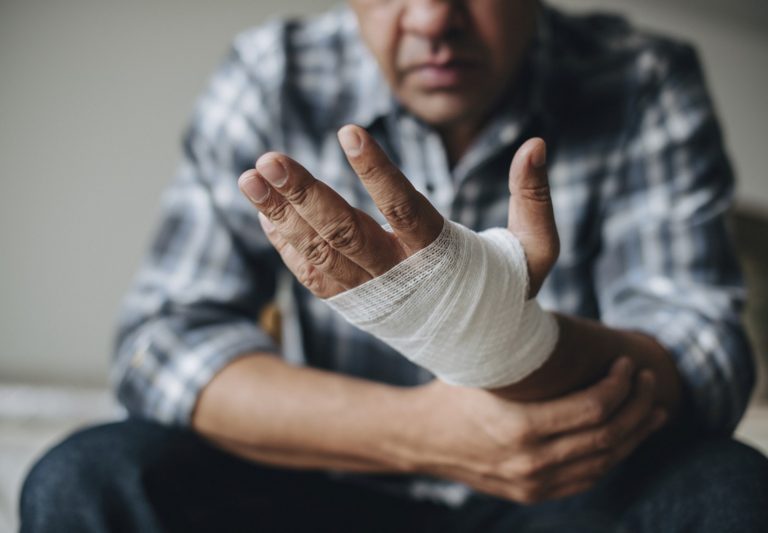
Fire on a vessel can have catastrophic consequences to the entire crew, so maritime workers may come into contact with an engine room fire or need to perform fire-fighting duties in an emergency. In 2022, 127 fires and 1 explosion were reported to the BSEE.2
Chemical burns are also common due to daily contact with caustic or hot fluids. Electrical burns also occur more often in wet conditions. Many of these accidents can damage the eyes or skin, sometimes causing permanent blindness or requiring reconstructive surgery.
6. Suffocation, Asphyxiation, or Chemical Inhalation
Working in enclosed spaces, especially below deck, can expose maritime workers to toxic fumes or a lack of oxygen. This type of personal injury typically accounts for less than 2% of accidents on a vessel,1 but it can have long-term debilitating effects.
7. Repetitive Motion Injuries
Repetitive use injuries can happen in any industry, but also affect maritime workers. Performing the same motions over and over increases the risk of repetitive motion disorder (RMD).3 This long-term cumulative injury can affect the arms, hands, back, neck, hips, legs, ankles, or feet. Because these injuries can take a long time to develop, they often go unreported.
What to Do If You Are Injured as a Maritime Worker
After oil rig injuries or offshore supply vessel accidents, it’s crucial to take immediate and appropriate actions to ensure your safety, health, and legal rights. Here are the steps you should follow:
1. Seek Immediate Medical Attention
Prioritize your health by getting medical help as soon as possible, even if the injury seems minor at first.
2. Report the Injury
Inform your supervisor or employer about the incident and the nature of your injury. Ensure that the report is documented in writing.
3. Document the Incident
Take notes about how the injury occurred, including the time, location, and any potential witnesses. If possible, take photographs of the scene and your injuries.
4. Follow Medical Advice
Adhere to the treatment plan provided by your healthcare provider to ensure proper recovery and maintain accurate medical records.
5. Avoid Giving Recorded Statements
Refrain from giving recorded statements to your employer or insurance companies until you have consulted with a lawyer.
6. Consult an Experienced Offshore Injury Lawyer
Contact an attorney who specializes in maritime law to understand your rights and explore your legal options. They can assist you in navigating the complexities of maritime injury claims under the Jones Act or other relevant laws.
7. Keep Records of All Expenses
Maintain detailed records of all medical treatments, related expenses, and any loss of income due to the injury.
Have You Experienced One of These Injuries?
Have you or a loved one experienced one of these common maritime injuries? The offshore injury lawyers at Schechter, Shaffer and Harris, L.L.P. understand your rights. We will evaluate your case and help you navigate your legal options under the Jones Act or other maritime laws that protect injured workers. Contact us today for a free consultation with an experienced maritime lawyer.
Sources:

